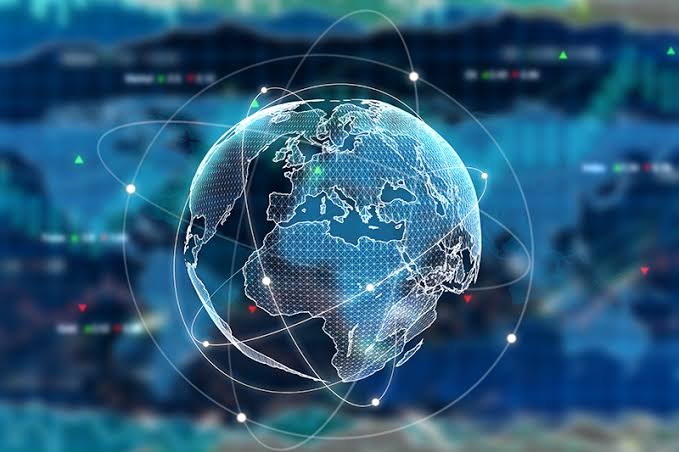Pakistan is destined to be directly connected to the rest of the world by the end of this year via the Digital Silk Route (DSR), a land and submarine cable network initiated by China as part of the Belt and Road Initiative (BRI), said cable installation works on the last main link between Karachi, Pakistan and Zafarana, Egypt, to begin next month.
The network, called Pakistan and East Africa Connecting Europe (PEACE), is a 15,000 km high-speed submarine cable system that provides high-capacity, low-latency routes between China, Europe and Africa.
In addition to France, the cable lands in Malta, Cyprus, Egypt, Djibouti, Kenya, Pakistan and other countries and regions with ground connections to China.
You May Also Like: Ministry of IT to roll out National Broadband 2021 Policy
Much of the work on the project has been completed, a senior official responsible for the Arab News project said Monday. “All permits have been issued by the government,” said Maroof Ali Shahani, Chief Operating Officer of Cybernet, PEACE’s cable landing partner in Pakistan.
“Work on the cable supply will start in March (2021).” “Everything is on track. Work on the Karachi cable landing station is already underway,” said Shahani, adding, “The project is expected to be completed in the fourth quarter of this year.”
The cable will be laid in the Arabian Sea by a consortium of telecommunications companies from Pakistan, Africa, France, Egypt and Hong Kong. The consortium is led by Hengtong Group, China’s leading cable manufacturer.
The PEACE cable in Pakistan will be connected to the China-Pakistan cross-border fiber optic cable, which has already been completed as part of the China Pakistan Economic Corridor (CPEC) initiative.
The 820 km fiber optic cable connects China to Pakistan via Gilgit Baltistan, Khyber Pakhtunkhwa and Punjab. It was completed in 2018 at a cost of $ 37.4 million. According to official information, the existing terrestrial network will be used to connect the cable to PEACE in Sindh for further connections.
In November 2020, the first cable load to the Mediterranean segment (PEACE Med) was successfully completed and works started on the Egypt-France route. In the first phase, FRED will connect the three most populous continents in the world and create a critical connection with the economic corridors of Asia, Europe and Africa.
According to official information, the project will expand Pakistan’s internet infrastructure with a total capacity of 96 Tbit / s (terabits per second). The delay between Karachi and Marseille (Pakistan-France) would be 89 milliseconds. “PEACE offers better speed, better capacity and a direct route,” Pervaiz Iftikhar, a member of the Prime Minister’s Task Force for IT and Telecommunications, told the media.
“Because it is instant, it means delay, the time for data streaming will be shorter.” “The [FRED] would dramatically improve data transfer performance and help accelerate digital transformation on an unprecedented scale in participating countries,” said Dr. Muhammad Khurram Khan, Founder and CEO of the Global Foundation for Cyber Studies and Research in Washington DC.
However, he warned that global dependence on submarine cables could exacerbate cyber security concerns. “While such cables are highly resistant to accidental or natural damage,” Khan said, “the risks of cyber-attacks, data theft and sabotage by state and non-state actors should never be overlooked.”


